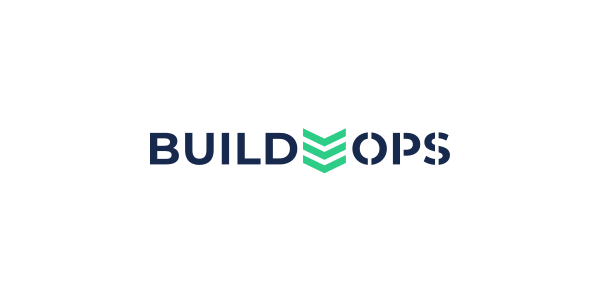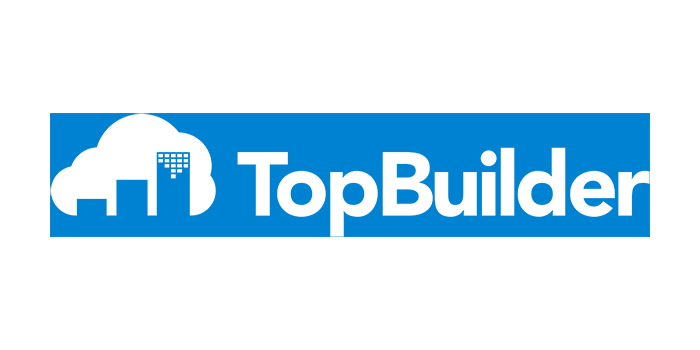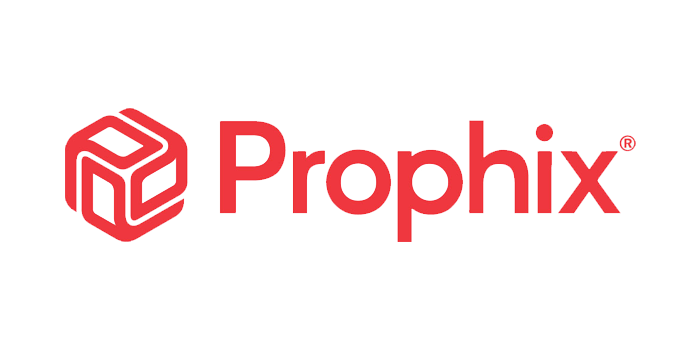Done with Paper? How to Make Construction Accounts Payable Workflows Easy
Manage and Modernize HR With Self Service Solutions

Article written by Betsie Hoyt on constructionexec.com
How to Streamline the Construction Timecard Process
Article written by Kati Viscaino on the Viewpoint blog
How modern construction software can help make HR processes more efficient and mitigate errors associated with construction timecards
How to Get Change Orders in Order
Article written by Gallit Itzhaki on the Viewpoint blog
5 Best Practices to Ensure Change Orders are not Bringing Your Company Down
How to Protect Your Construction Data in Uncertain Times: Part 1 of 2
Article written by Kati Viscaino on the Viewpoint blog.
As our world around us becomes more and more digitized, the potential threats to the security of our digital data continues to grow. We rely heavily on technology in our everyday lives, and while we become more comfortable with these advancements, we begin to let our guard down which in turn allows for unwanted interactions.
No Country for Old Construction HR Processes
Article written by Andy Holtmann on the Viewpoint blog.
COVID-19 Showcases Immense Potential of Construction Technology
Complimentary Online How-To Videos for Oracle Primavera P6, ViewpointOne Spectrum and Kahua
 Current events have caused many companies to cancel all non-essential travel and implement work-at-home plans for non-essential employees. Many of our clients are including online training as a component of work-at-home plans to ensure that employees continue to enhance their skills (or learn new ones) and maintain productive, trackable time while working at home.
Current events have caused many companies to cancel all non-essential travel and implement work-at-home plans for non-essential employees. Many of our clients are including online training as a component of work-at-home plans to ensure that employees continue to enhance their skills (or learn new ones) and maintain productive, trackable time while working at home.
We have posted many P6, ViewpointOne Spectrum and Kahua how-to videos, including:
Coronavirus Informational Update
We are sharing the communication below that was sent to all CDP employees this morning that outlines recommended best practices at this time. We are encouraging our staff and clients to work remotely when possible.




















